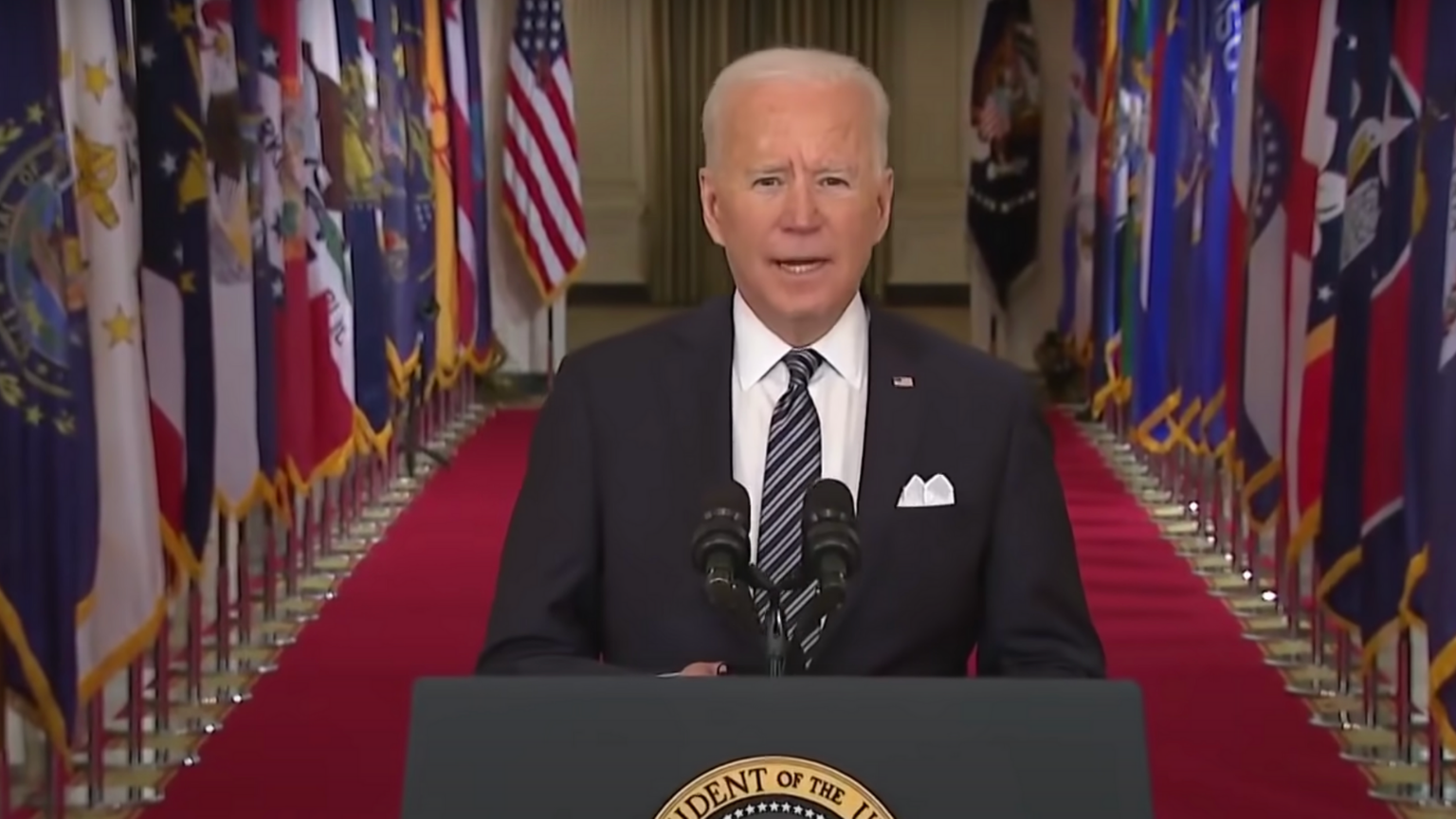Despite the fact that US President Biden publicly denounced the practice carried out by his predecessor’s administration to obtain information about journalistic sources through court orders as “simply wrong” – his own Department of Justice (DoJ) continued with the same policy, reports have revealed.
The news that the Trump era DoJ was getting communications records from a number of journalists and only informing them later concerned those employed by the Washington Post, the New York Times, and CNN. But then the New York Times said the new DoJ was doing it, too – just as Biden was blasting Trump for the very same practice.
Backed into a corner like this, the DoJ said late last week that it would from now on stop seeking “compulsory legal process in leak investigations to obtain source information from members of the news media doing their jobs.”
But while on the face of it this looks like a welcome step forward in ensuring a greater degree of freedom to journalists, observers are noticing some possible loopholes in the language used to announce the apparent policy shift.
Not only is the limitation of protecting reporters only while they are “doing their job” insufficiently precise, but a major question remains unanswered: who, to the Biden administration, qualifies as a member of “news media” these days? The new, updated guidelines do not provide this definition.
And the fear is that independent journalists of the digital era: bloggers, newsletter authors, owners of YouTuber channels, might be left in the cold – as the seemingly improved new policy undoubtedly applies to traditional media like CNN and the New York Times. Until further clarification, or cases of surveillance that reveal what the policy is, as things stand, it remains unknown how the DoJ will treat this type of journalism.
The update in question refers to the guidelines that came into force in the US in 1970, when the government decided that freedom of the press cannot be “broader than the freedom of the news media to investigate and report the news.”
For that reason, the DoJ of the time decided to protect members of the news media from some law enforcement tools such as subpoenas and court orders – in case those would “unreasonably impair newsgathering activities.”













